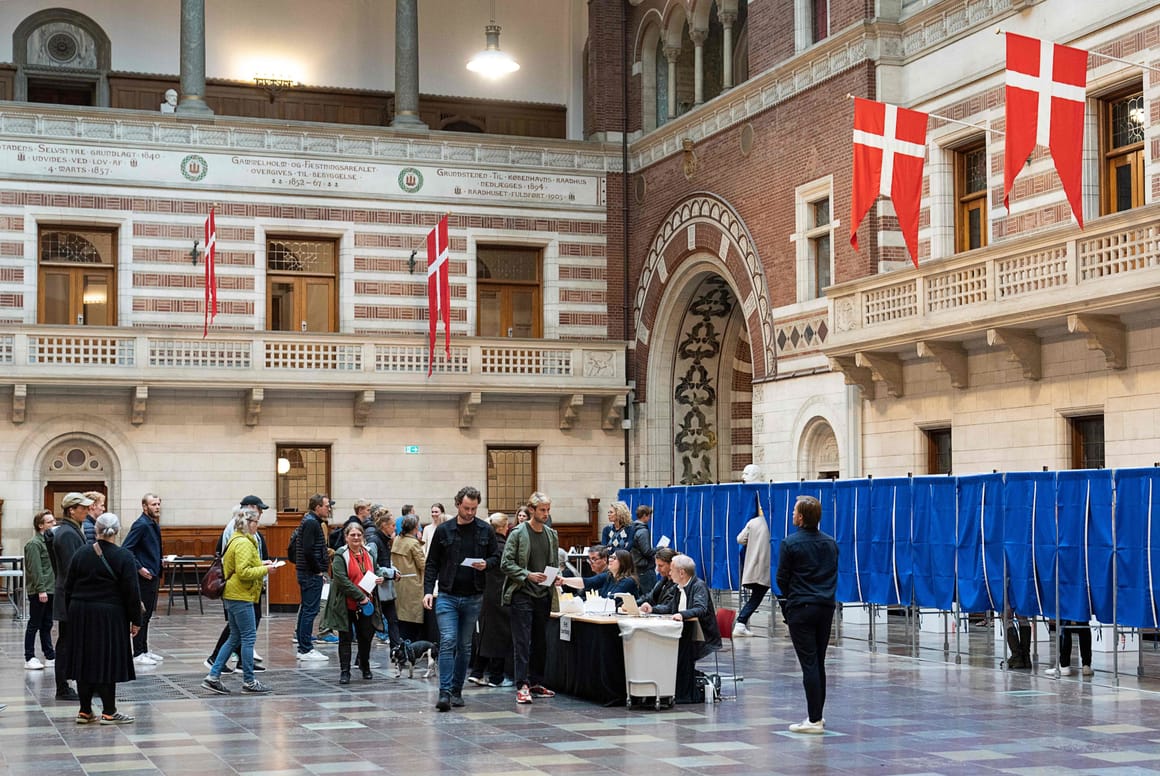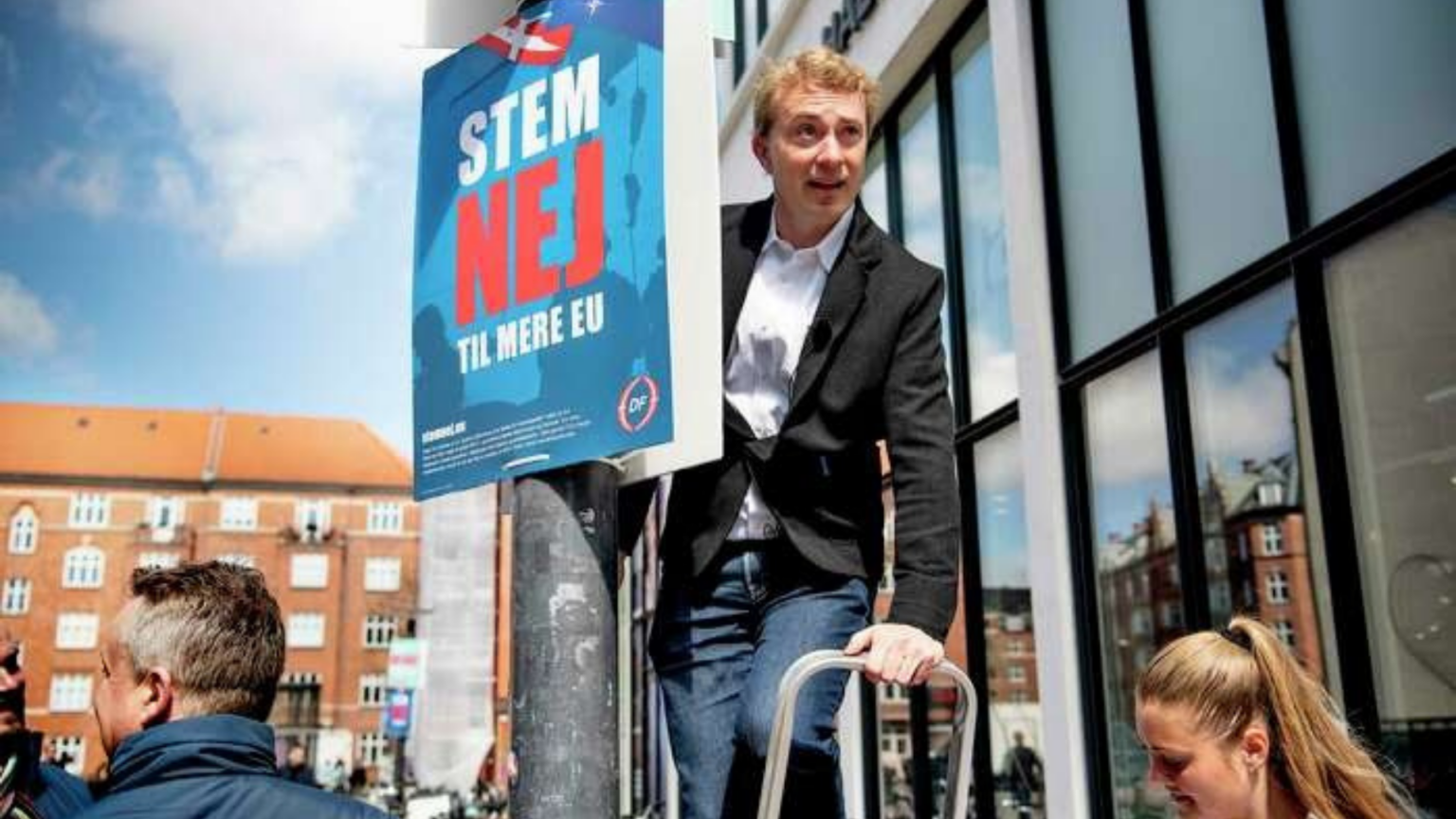Wednesday is a big day for Denmark in the view of the Russia-Ukraine war, Danes are casting their ballot votes for a referendum on the country ‘s 30-year-old opt-out policy from the European union common defence policy.

When Denmark joined NATO, it had some conditions before joining and these conditions are known as opt-out policy related to security and defence, citizenship, police and justice and the adoption of the Euro as a common currency. All these opt-out are secured under Maastricht Treaty, 1992.
The exception means Denmark has not participated in the EU’s discussions on defence policy related to its development and acquisition of military equipment and military operations.
In this referendum, the Danish people will decide whether opt-a out related to security and defence would be abolished or not. Around 4.2 million citizens are eligible for this referendum.
Recent opinion polls show that around 40% of voters are in favour of abandoning 30-year-old opt-out and 30% are in favour of continuing the opt-out policy, around 20% of voters are undecided.
The main effect of abandoning the opt-out will be that Danish officials could participate in the discussion with EU members related to the common defence policy of the European Union, and Danish forces could take part in EU military operations.
In this referendum, all the major Danish parties are on consensus to abandon the opt-out policy, but two far-right parties and one far-left party are campaigning to continue the exception.
They argue that a joint European defence would come at the expense of NATO, which has been the cornerstone of Denmark’s defence since its creation in 1949.
“We must always cast our ballots when there is a vote”, Danish Prime Minister Mette Frederiksen said in the final televised debate of the campaign on Sunday, “I believe with all my heart that we have to vote ‘yes’. At a time when we need to fight for security in Europe, we need to be more united with our neighbours”, she added.
Notably, the referendum comes in the light of the Russian invasion of Ukraine and Denmark has increased its defence budget to 2% of its GDP also in line with its NATO obligation.













